- Have any questions?
- +86-189 8930 5995
- sales@mosinterchem.com.cn
Olaparib CAS 763113-22-0

Regorafenib CAS 755037-03-7
14/12/2018
Masitinib (Ab1010) CAS 790299-79-5
14/12/2018| Model: | MOS763113-22-0 |
| Place of Origin: | Zhejiang,China (Mainland) |
| Molecular Formula: | C21H15ClF4N4O3 |
| Molecular Weight: | 482.82 |
| Specification: | CP/USP/EP |
| Brand: | MOSINTER |
| Content: | 98% |
| Appearance: | White powder |
| Density: | 1.43g/cm3 |
Olaparib ( CAS: 763113-22-0)
| Item | Index |
| Molecular Formula | C24H23FN4O3 |
| Molecular Weight | 434.46 |
| Specification | CP/USP/EP |
| Content | ≥98% |
laparib (AZD-2281) is an experimental chemotherapeutic agent, developed by KuDOS Pharmaceuticals and later by AstraZeneca, that is currently undergoing clinical trials. It is an inhibitor of poly ADP ribose polymerase (PARP), an enzyme involved in DNA repair. It acts against cancers in people with hereditary BRCA1 or BRCA2 mutations, which includes many ovarian, breast and prostate cancers.
Early Phase I trials were promising, and olaparib underwent Phase II trials. However, in December 2011, AstraZeneca announced following interim analysis of a phase-II study which indicated that the previously reported progression free survival benefit was unlikely to translate into an overall survival benefit, that it would not progress into Phase III development for the maintenance treatment of serous ovarian cancer, and took a charge of $285 million. The decision to discontinue development of the drug was reversed in 2013, with Astrazeneca posting a new Phase III trial of Olaparib for patients with BRCA mutated ovarian cancer in April 2013.
Mechanism of action
Olaparib acts as an inhibitor of the enzyme Poly ADP ribose polymerase (PARP) and is one of the first PARP inhibitors. Patients with BRCA1/2 mutations may be genetically predisposed to developing some forms of cancer, and are often resistant to other forms of cancer treatment, but this also sometimes gives their cancers a unique vulnerability, as the cancer cells have increased reliance on PARP to repair their DNA and enable them to continue dividing. This means that medicine which selectively inhibit PARP may be of significant benefit in patients whose cancers are susceptible to this treatment.
Trial results
Phase I clinical trials, in patients with BRCA-mutated tumors including ovarian cancer, were encouraging. In one of these studies, it was given to 19 patients with inherited forms of advanced breast, ovarian and prostate cancers caused by mutations of the BRCA1 and BRCA2 genes. In 12 of the patients, none of whom had responded to other therapies, tumours shrank or stabilised. One of the first patients to be given the treatment (who had castration-resistant prostate cancer) was as of July 2009 still in remission after two years.
Phase II clinical trials are ongoing in breast, ovarian and colorectal cancer. A phase II trial that included 63 cases of ovarian cancer concluded that olaparib is promising for women with ovarian cancer. responses in 17 patients with BRCA1 or BRCA2 mutations and 11 responses in the 46 who did not have these mutations.
Side effects
Olaparib is generally well tolerated, the side effects consist mainly of fatigue, somnolence, nausea, loss of appetite and thrombocytopenia.
You must be logged in to post a review.

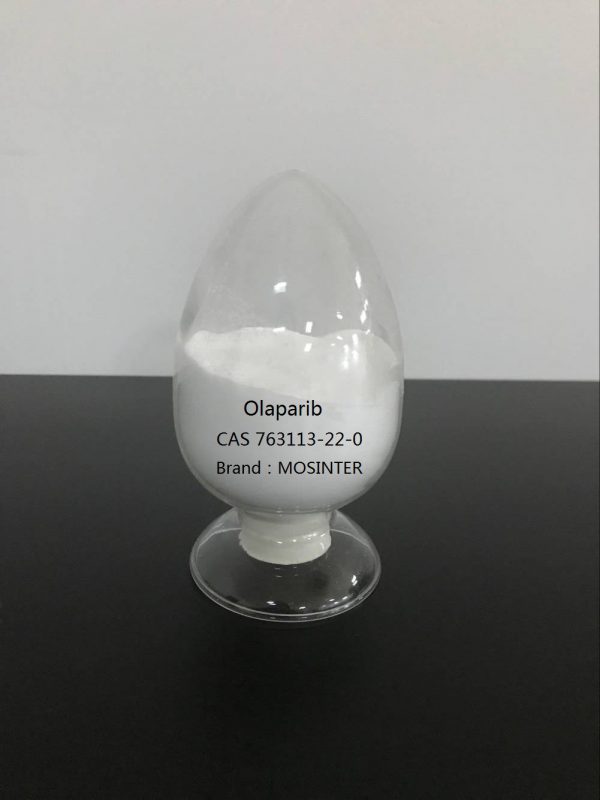
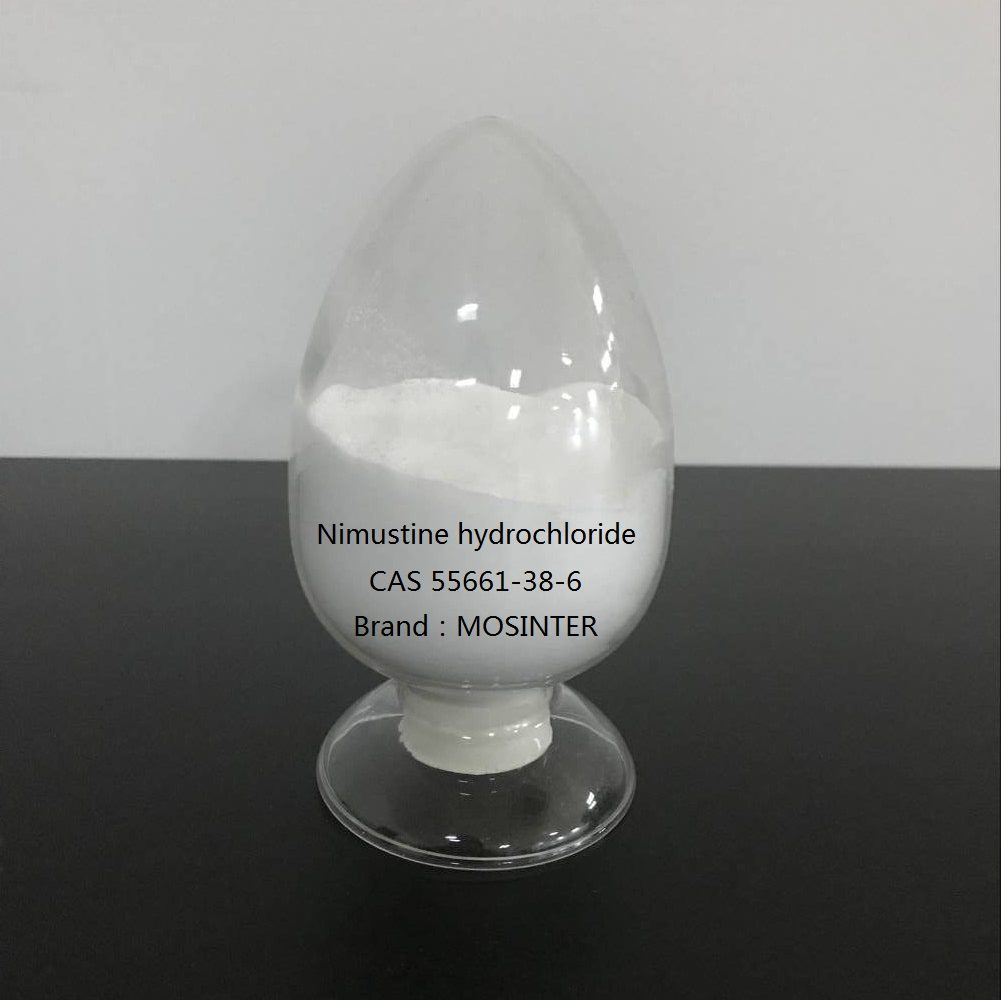
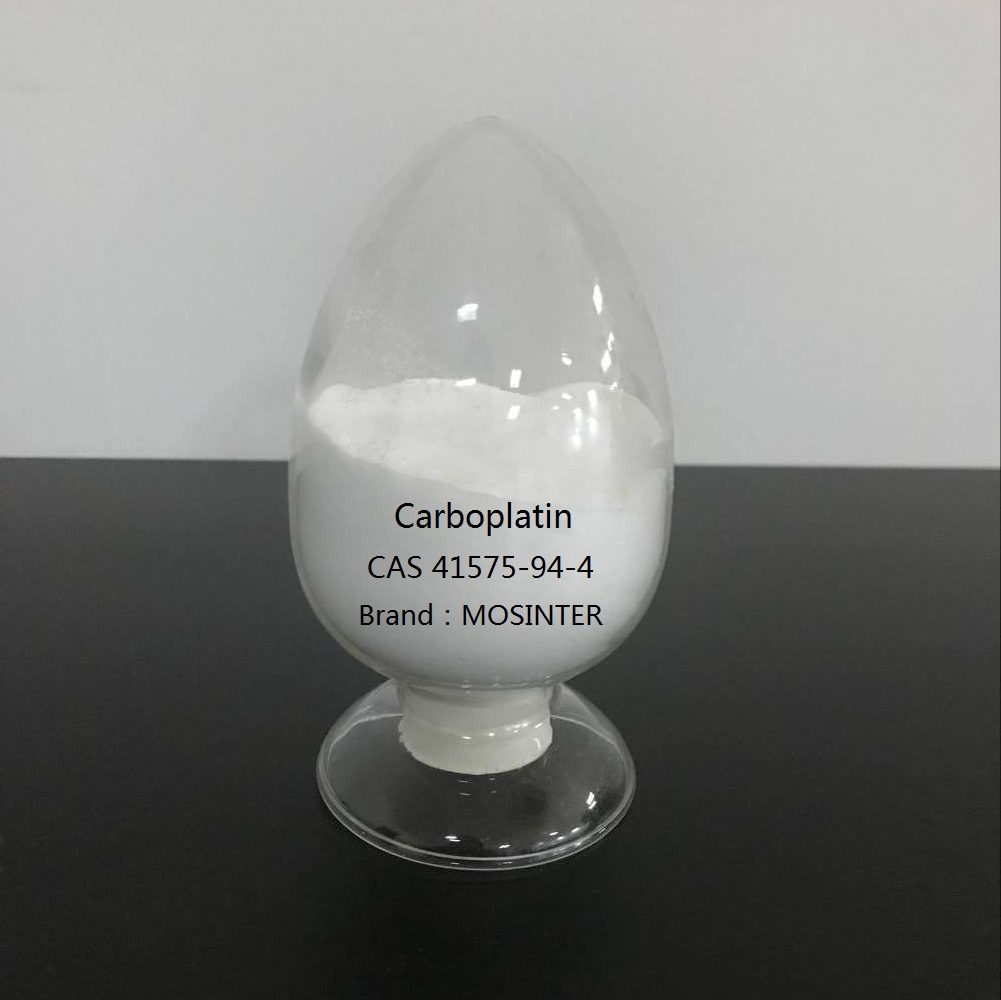
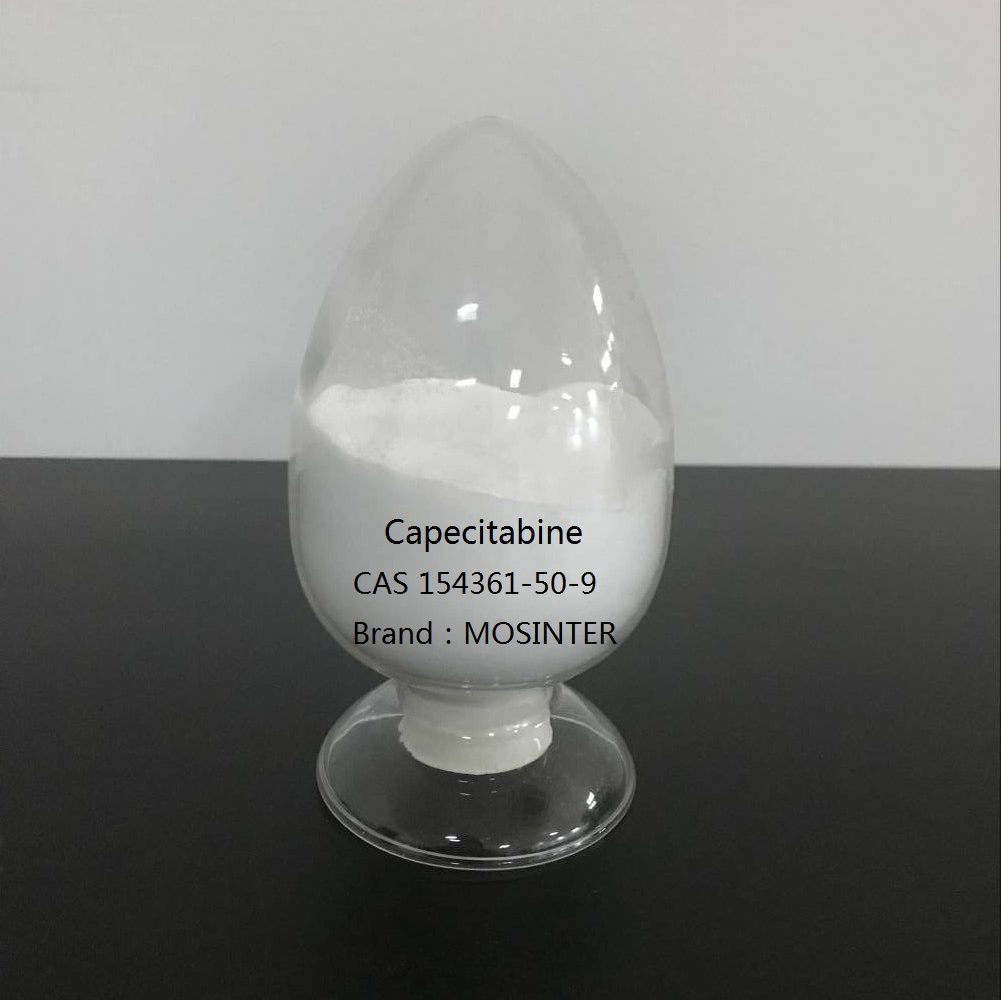
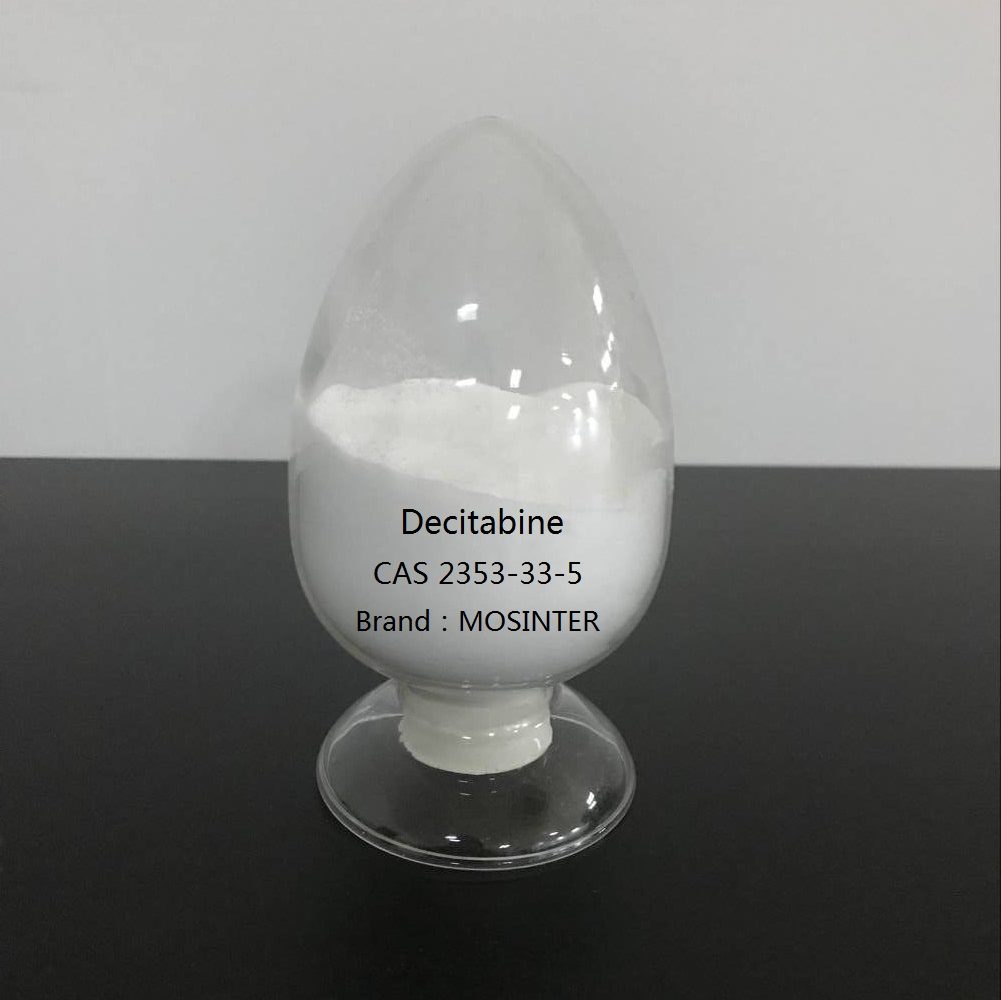
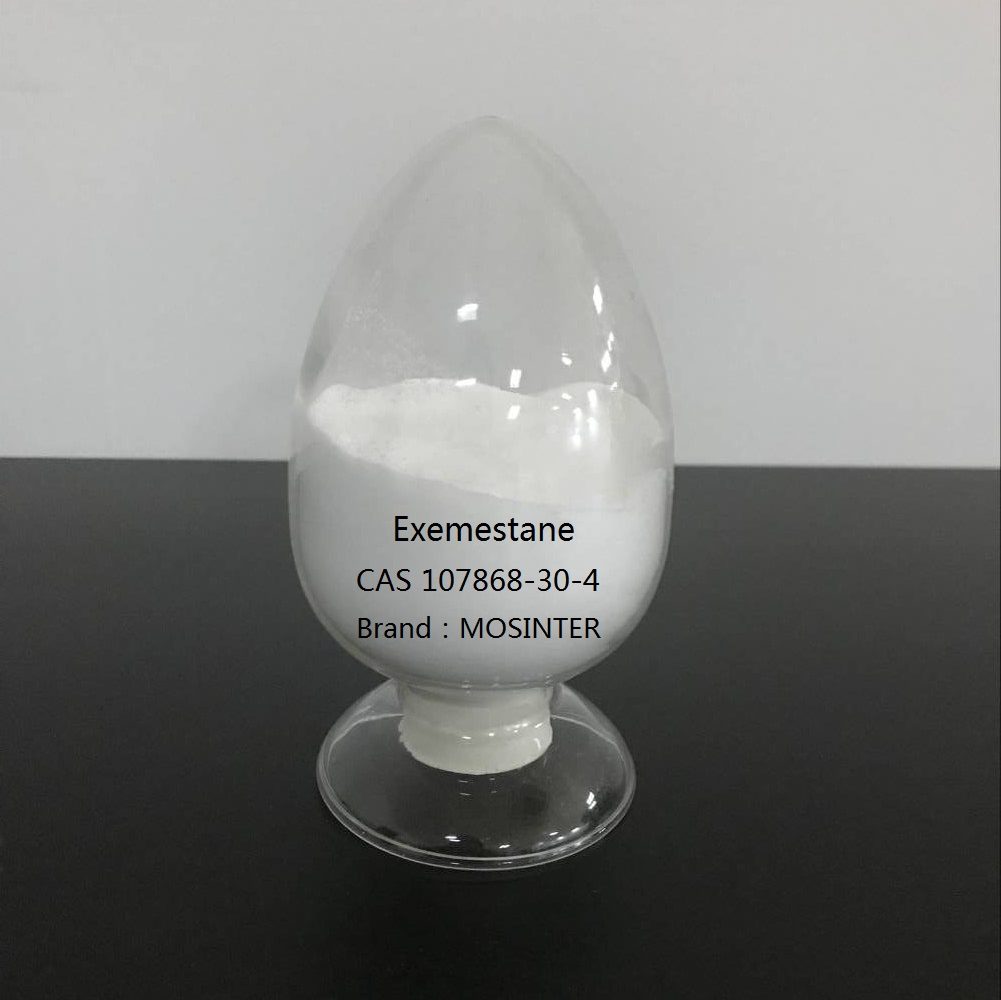
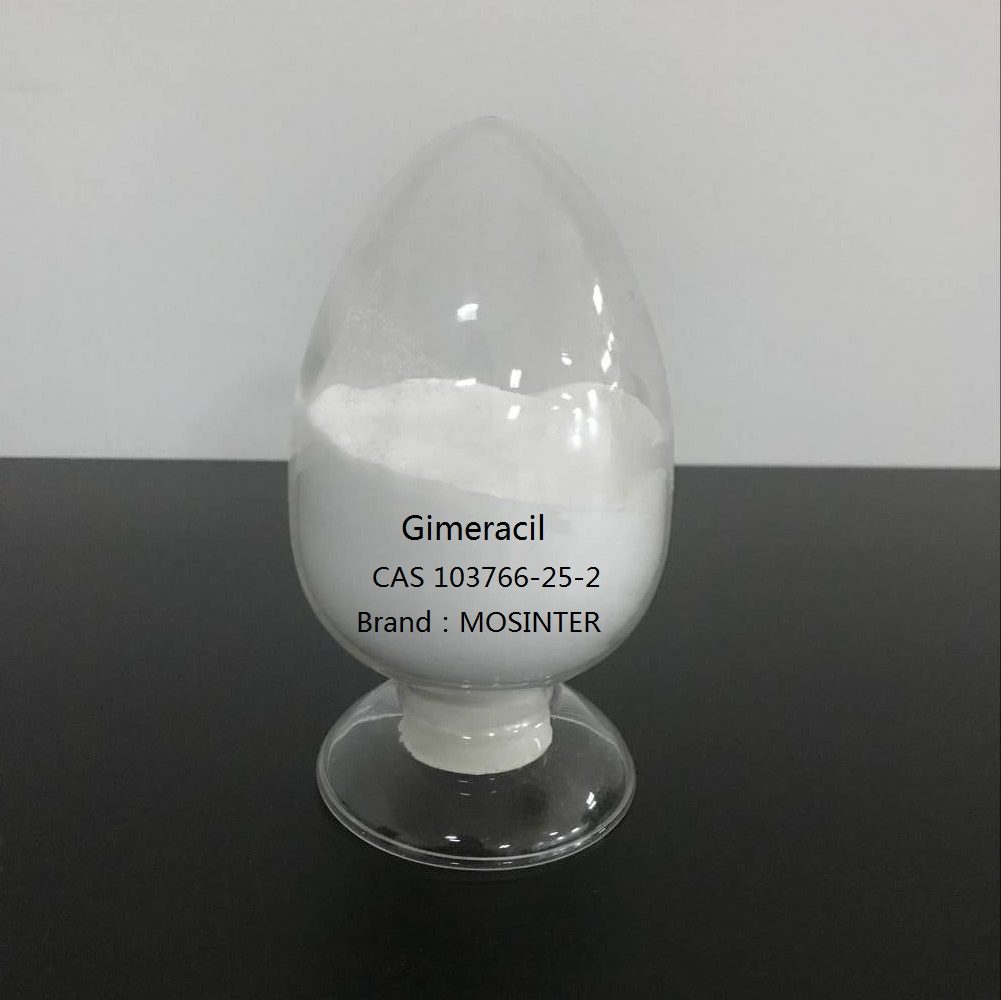
Reviews
There are no reviews yet.